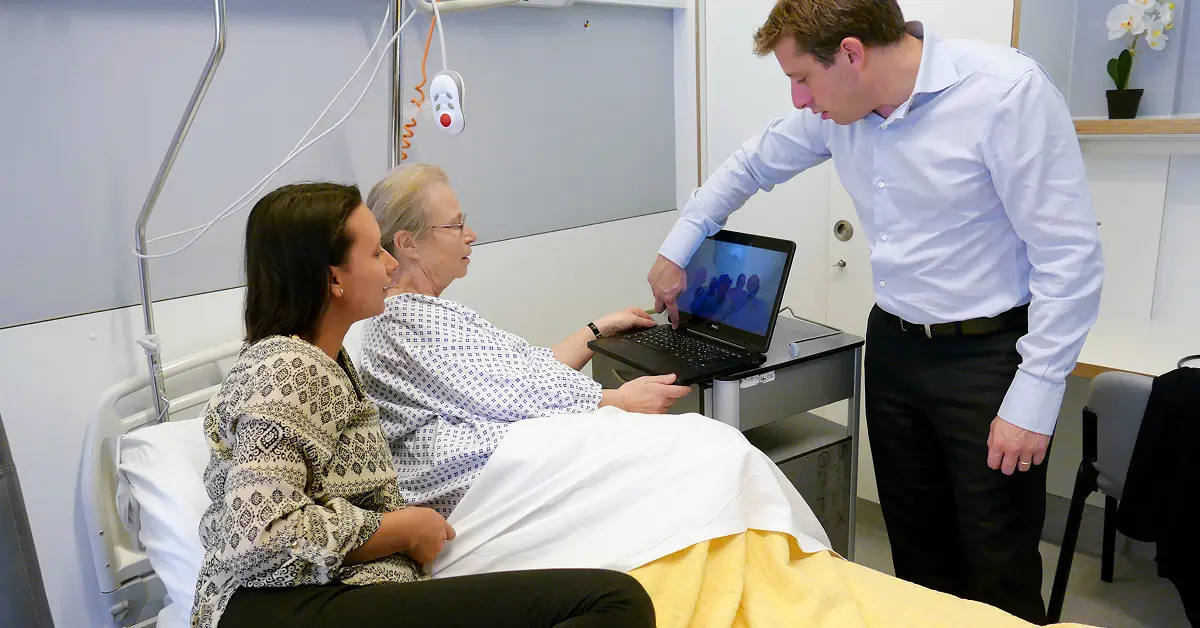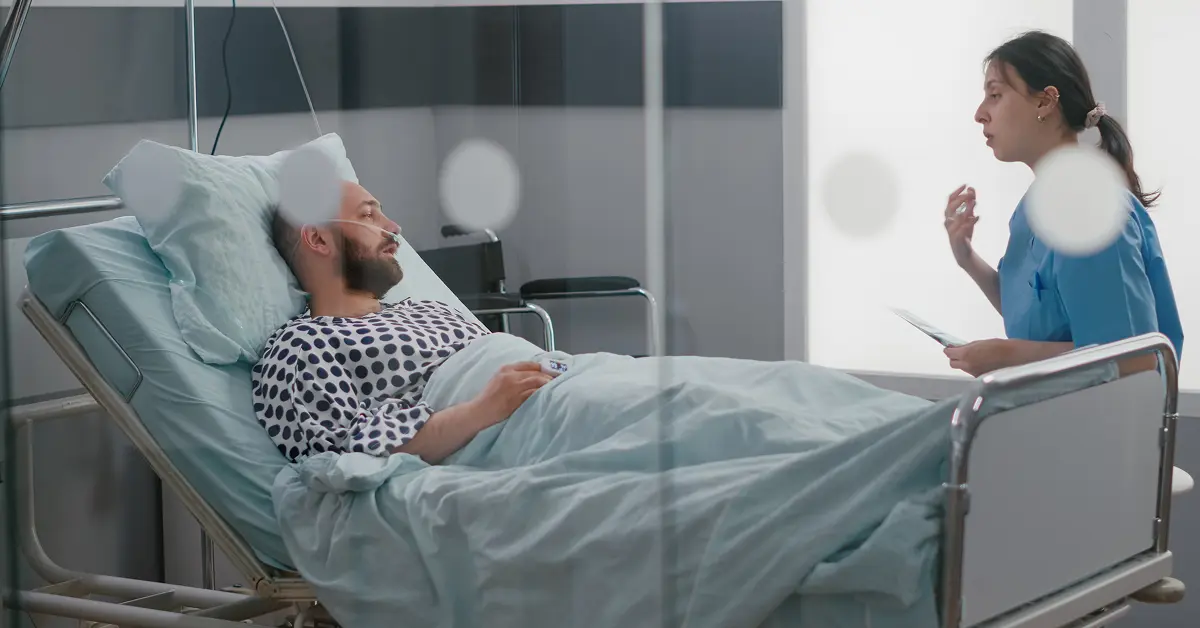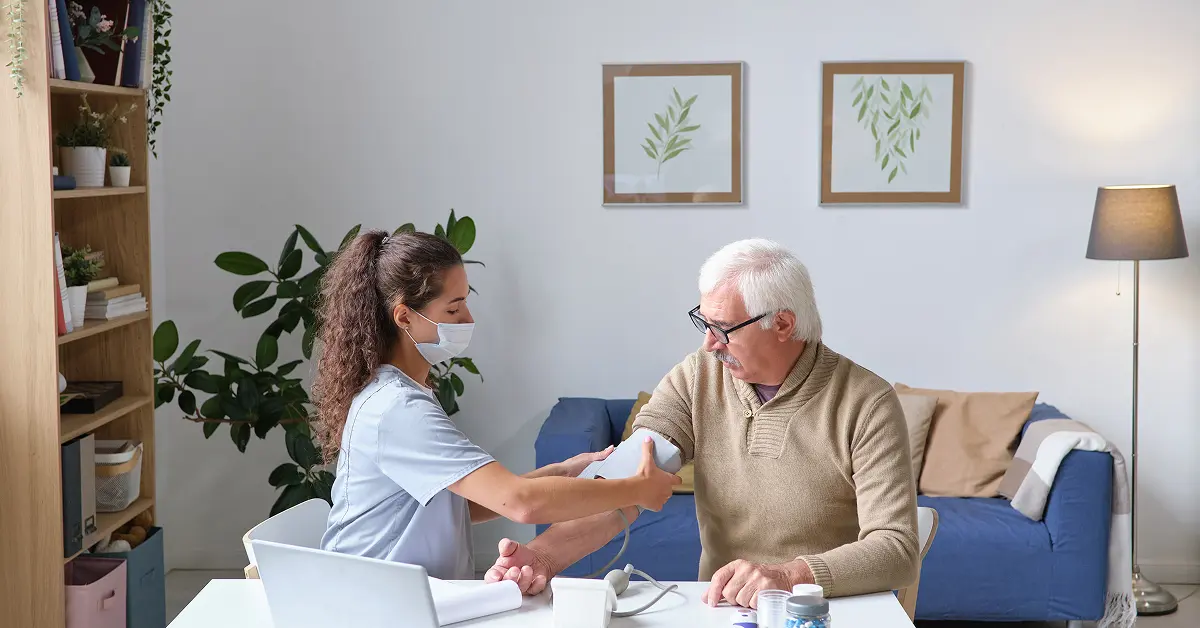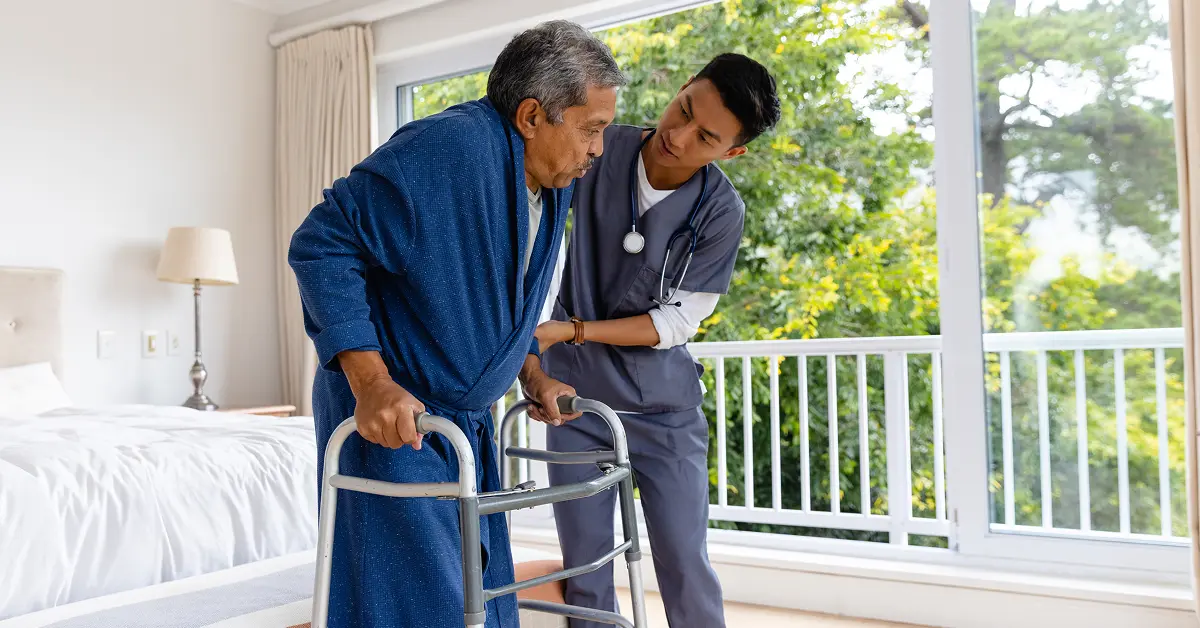When a loved one is discharged from the hospital, many families feel relief—but this moment also marks the beginning of a critical phase: post-hospital recovery. What often goes unnoticed is how Hospital Discharge plays a vital role in preventing relapse or readmission. In India, where extended families and at-home care are common, understanding and managing discharge care can significantly improve patient outcomes.
Let’s explore how effective hospital discharge planning and care prevent relapses, what Indian families need to watch out for, and how to ensure smooth recovery at home.
What is Hospital Discharge Care?

Hospital discharge care is the process that ensures a patient leaves the hospital with a clear plan for continued treatment, recovery, and monitoring at home. It includes:
- Summary of the treatment provided
- Medications prescribed
- Follow-up appointments
- Dietary instructions
- Mobility and physiotherapy needs
- Home care assistance or nursing support (if required)
In short, it bridges the gap between hospital treatment and home recovery.
Why Relapse Happens After Discharge
Relapse or hospital readmission occurs when a patient’s condition worsens after being discharged. Common reasons include:
- Skipping medications or wrong dosages
- Lack of awareness about warning signs
- Poor follow-up care
- Inadequate home care support
- Infections or complications
- Dietary or lifestyle non-compliance
Many of these can be prevented with structured discharge care.
The Role of Proper Discharge Planning
A well-structured discharge plan from hospitals includes:
Clear Medical Instructions
Patients and caregivers must understand the illness, treatment plan, and what needs to continue at home.
Medication Management
Instructions should specify which medicines to take, when to take them, and any possible side effects. Dosage errors are a major cause of readmission.
Scheduled Follow-Ups
Timely visits to specialists or routine check-ups are crucial, especially for chronic conditions like diabetes, heart disease, or stroke recovery.
Warning Sign Education
Discharge care includes educating family members about symptoms that indicate possible relapse—like chest pain, sudden fever, unusual tiredness, or confusion.
Importance of Home Support Post Discharge
In India, much of the post-hospital recovery happens at home. Families need to step up—but often, they are unaware of what exactly to do. This is where professional help can be life-saving.
Hiring a Trained Home Nurse or Caregiver
A trained nurse can administer injections, monitor vital signs, help with hygiene, and ensure medicine compliance.
Setting Up a Safe Recovery Environment
Make the home recovery-friendly:
- Ensure clean surroundings
- Install support rails if mobility is an issue
- Arrange for a hospital bed, oxygen cylinders, or walkers if prescribed
Diet and Nutrition
Some diseases need strict dietary control post-discharge. For example, heart and kidney patients must reduce salt intake. Diabetics must control carbs and sugar. A dietician’s input or a trained caregiver can help enforce this.
Real-Life Scenario: How Discharge Care Prevented a Relapse
Let’s consider Meera, a 67-year-old from Hyderabad, who was discharged after a mild stroke. Her daughter ensured the following:
- Hired a home caregiver to assist with bathing and mobility
- Followed up with physiotherapy as advised
- Set up a weekly medicine chart
- Monitored blood pressure twice daily
- Kept emergency numbers on speed dial
Six months later, Meera has not only avoided a relapse but also regained 80% mobility. Her daughter credits this outcome to the hospital discharge plan and committed home care.
Tips for Indian Families to Prevent Relapse
Here are some actionable steps families in India can take:
- Attend the Discharge Briefing: Don’t skip this crucial step. Ask questions and clarify every instruction.
- Get a Written Discharge Summary: This acts as a blueprint for ongoing care. Store it safely and share it with other healthcare providers.
- Arrange for Home Visits: In metro cities, many healthcare providers offer post-discharge home visits by doctors, nurses, and physiotherapists.
- Stick to Medication Timings: Set alarms or use apps like Medisafe or Practo to track medication.
- Maintain a Recovery Journal: Track progress, symptoms, blood sugar, or BP readings. Share it during follow-up visits.
The Role of Technology in Discharge Care
With India’s rapid digital healthcare growth, families now have access to tools like:
- Teleconsultations
- Online medicine delivery
- Mobile apps for health tracking
- Digital reminders for appointments and medication
These tools help in monitoring and managing recovery, especially when physical access to hospitals is limited.
Common Myths About Discharge Care
Myth: Once discharged, the patient is fully recovered.
Truth: Discharge only means the patient is stable enough to continue recovery at home.
Myth: Home remedies are enough.
Truth: While some natural methods may help, they must complement medical care, not replace it.
Myth: One follow-up visit is enough.
Truth: Most chronic conditions require multiple check-ins with doctors and diagnostic tests.
Conclusion
Preventing a relapse is not luck—it’s planning. The role of hospital discharge care cannot be overstated in ensuring a smooth, safe transition from hospital to home. For Indian families, where much of the caregiving happens at home, understanding and following discharge instructions is essential.
From hiring trained caregivers to sticking to medical advice, small steps can make a big difference. Always remember: the recovery journey doesn’t end at discharge—it begins there.
Need Help After Hospital Discharge?
Hire trained caregivers and nurses at home in your city. Whether you're in Mumbai, Delhi, Hyderabad, or Chennai—professional post-discharge care is just a call away. Contact us for personalised care solutions today.
Contents
- What is Hospital Discharge Care?
- Why Relapse Happens After Discharge
- The Role of Proper Discharge Planning
- Importance of Home Support Post Discharge
- Real-Life Scenario: How Discharge Care Prevented a Relapse
- Tips for Indian Families to Prevent Relapse
- The Role of Technology in Discharge Care
- Common Myths About Discharge Care
- Conclusion
Our 24*7 services
Latest Posts
- What Is Respite Care and Why Is It Important
- Affordable home care for senior citizens in India
- Caring for Seniors with Dementia or Alzheimer's at Home
- Senior Caregiving A Guide for Every Family
- How to Write a Caregiver Resume That Gets You Hired
- How Care After Hospital Discharge Speeds Up Recovery at Home
- How to Get Home Health Care for Seniors Through Medicare
- What Does a Senior Citizen Caregiver Really Do at Home
- How to Care for Elderly Parents with Alzheimer’s or Dementia
- How to Get 24-Hour Care for Seniors at Home


